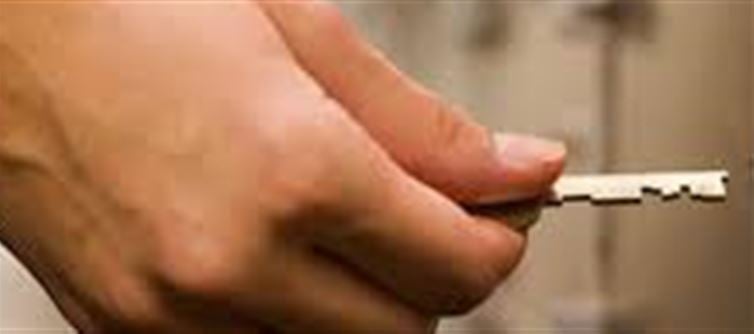
Losing a bank locker key can be a stressful experience. Even though lockers are highly secure, accessing your valuables without the key requires following strict procedures. Taking the right steps immediately can save you from delays, penalties, or even potential losses.
📌 1. Don’t Panic – Stay Calm
· Losing the key happens more often than you think.
· Avoid trying DIY methods to force open the locker – it could damage the lock and complicate the process.
· Stay calm and focus on following the bank’s official procedure.
💼 2. Inform the bank Immediately
· Visit your branch as soon as possible.
· Inform the branch manager or locker in-charge about the lost key.
· You may be asked to submit a written declaration regarding the lost key.
💡 Tip: Early reporting helps prevent unauthorized access and speeds up the replacement process.
🏆 3. Complete the Required Formalities
Banks typically require:
1. Written application explaining the loss
2. Identity proof (PAN, Aadhaar, Passport, Voter ID, etc.)
3. Locker agreement details
4. Witness declaration in some cases
💡 Tip: Keep all documents handy to avoid repeated visits to the bank.
⚖️ 4. bank Procedure to Open Locker
· bank will arrange for a master key or locksmith authorized by them.
· Locker may need to be drilled or lock replaced (depending on the bank’s policy).
· Charges apply: Banks usually charge a fee for lock replacement and associated services.
💡 Tip: Ask for a detailed cost estimate before proceeding with lock replacement.
📍 5. Preventive Measures for the Future
· Maintain a duplicate key in a secure place at home.
· Avoid labeling the key with personal info.
· Consider digital locker access if your bank offers it, for reduced dependence on physical keys.
· Periodically check and update locker agreements with the bank.
✅ 6. Key Takeaways
· Immediate action is crucial after losing a locker key.
· Do not attempt to open it yourself – it could worsen the situation.
· Follow the bank’s official procedure for key replacement or locker access.
· Maintain duplicates and take preventive steps to avoid future inconvenience.
💡 Pro Tip: Regularly reviewing locker contents and access procedures ensures your valuables remain safe even in emergencies.
Disclaimer:
The views and opinions expressed in this article are those of the author and do not necessarily reflect the official policy or position of any agency, organization, employer, or company. All information provided is for general informational purposes only. While every effort has been made to ensure accuracy, we make no representations or warranties of any kind, express or implied, about the completeness, reliability, or suitability of the information contained herein. Readers are advised to verify facts and seek professional advice where necessary. Any reliance placed on such information is strictly at the reader’s own risk..jpg)




 click and follow Indiaherald WhatsApp channel
click and follow Indiaherald WhatsApp channel